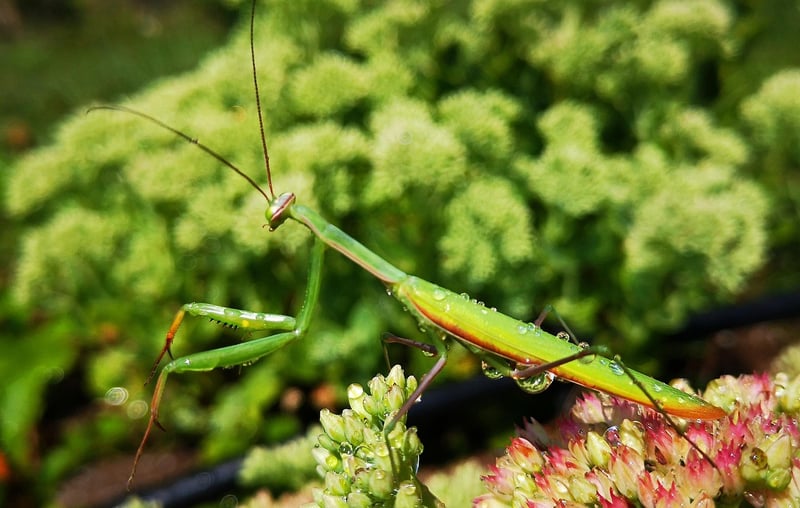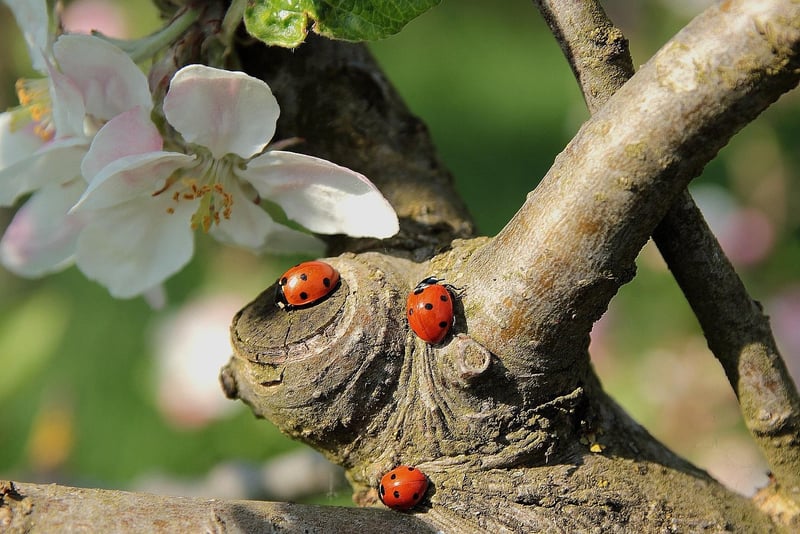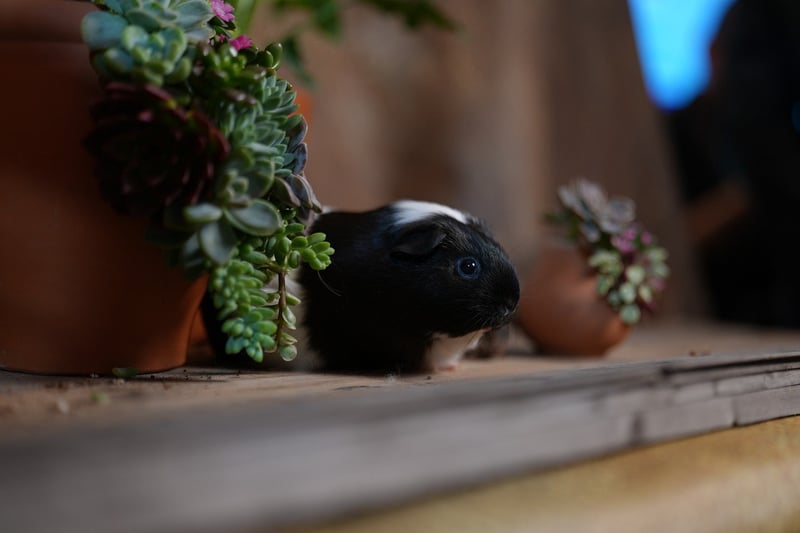Companion Planting
Effective Strategies for Dealing with Garden Pests and Companion Planting
Introduction to Garden Pests
Gardening can be a rewarding and relaxing hobby, but dealing with garden pests can sometimes be a challenge. These unwanted visitors can wreak havoc on your plants, leaving you frustrated and looking for solutions. In this article, we will explore effective strategies for dealing with garden pests and introduce the concept of companion planting as a natural way to deter pests.
Identifying Common Garden Pests
Before you can effectively deal with garden pests, it's essential to know what you're up against. Some common garden pests include aphids, slugs, snails, caterpillars, and whiteflies. These pests can damage your plants by feeding on leaves, stems, and fruits, ultimately affecting their growth and health.
Strategies for Dealing with Garden Pests
- Natural Predators: Introduce beneficial insects like ladybugs, lacewings, and predatory beetles to your garden. These insects feed on common garden pests and help keep their populations in check.
- Organic Sprays: Use organic insecticidal soaps or neem oil sprays to target specific pests while minimizing harm to beneficial insects and the environment.
- Physical Barriers: Create physical barriers like row covers or netting to protect your plants from pests like caterpillars and birds.
- Companion Planting: Planting certain herbs, flowers, or vegetables together can help repel pests or attract beneficial insects. This natural method can create a more balanced ecosystem in your garden.
Companion Planting for Pest Control
Companion planting is the practice of growing certain plants together to benefit one or both plants. In terms of pest control, some plants can naturally repel pests or attract beneficial insects, reducing the need for chemical interventions.
Examples of Companion Planting for Pest Control:
- Marigolds: Planting marigolds around your vegetable garden can deter aphids, nematodes, and other pests.
- Lavender: The aroma of lavender can repel moths, fleas, flies, and mosquitoes, making it a great companion plant for your garden.
- Basil: Planting basil near tomatoes can improve their flavor and repel pests like whiteflies and mosquitoes.
Conclusion
Dealing with garden pests can be challenging, but with the right strategies and knowledge, you can protect your plants and promote a healthy garden ecosystem. By incorporating natural pest control methods like introducing beneficial insects and practicing companion planting, you can reduce the reliance on chemical pesticides and create a more sustainable garden environment.
Remember to observe your plants regularly, stay vigilant for signs of pest damage, and take proactive measures to keep your garden healthy and thriving.
Happy gardening!


